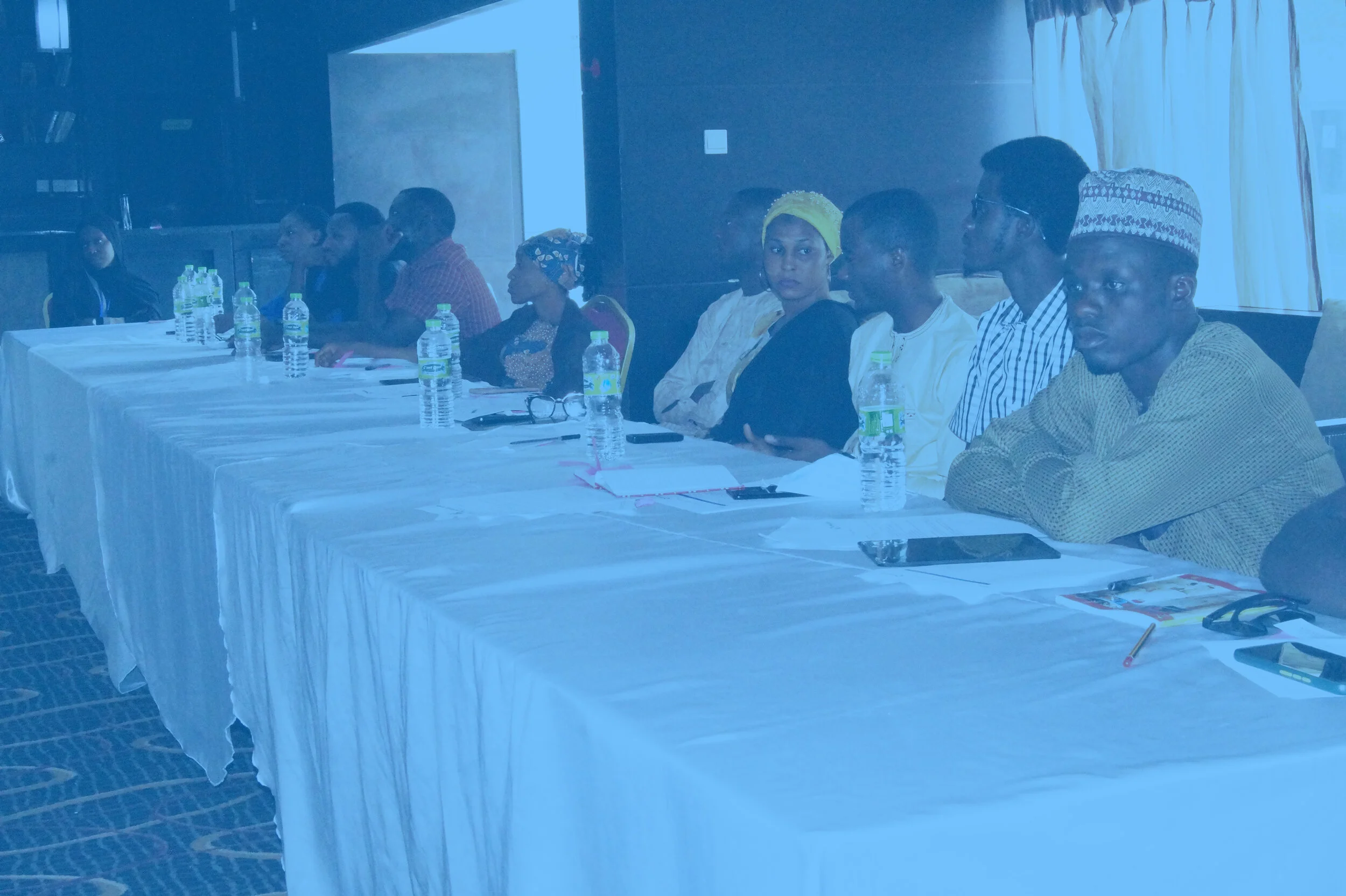The purpose of the National Food Consumption and Micronutrient Survey (NFCMS) is to assess the current micronutrient status and dietary consumption patterns of key population groups in Nigeria.
countries
Nigeria
funding
International Institute of Tropical Agriculture (IITA)
The overall objective of the survey is to;
Assess the current micronutrient status and dietary consumption patterns of the Nigerian population via the collection of anthropometric, dietary consumption, demographic and biomarker samples of children under 5, non-pregnant and non-lactating women of reproductive age (WRA), and adolescent girls.
eHA Project Objectives:
Improve the quality and effectiveness of the survey via the integration of technological tools.
To support the laboratory, diagnostic assessment and biomarker analysis both locally and internationally
The purpose of the National Food Consumption and Micronutrient Survey (NFCMS) is to assess the current micronutrient status and dietary consumption patterns of key population groups in Nigeria. With the International Institute of Tropical Agriculture (IITA) as the overall lead partner, implementing partners and stakeholders will collaborate across all survey components to set-up and deploy field data management systems, provide biomarker assessment support and anthropometry data that will ensure the efficient and effective execution of the survey.
eHA's role
Cold Chain Logistics
Identification and short-listing of cold stores for sub-collation of the biological samples
Map showing EAs and cold store clusters and the assigned cold stores for storage of biological samples during survey implementation
Assessment of selected local laboratory and report
Identification of international laboratories and sub-contracting the laboratories for sample analysis
Biomarker Sample Collection and Analysis
Identification and assessment of specification for all items/supplies required for the biomarker sample collection, processing, and analysis at the UNICEF warehouse.
Subcontracting the international laboratories for biological sample analysis
Coordinating the delivery of the samples from the sub collation points across the Enumeration Areas in Nigeria to the central collation laboratory
Collating the result/data in the required format from the assigned laboratories after analysis
Data Management Support
Generation of enumeration areas digital files from data collected during Household listing exercise led by the National Bureau of Statistics and National Population Commission
Development and management of field deployment plans
Digitization of survey questionnaire modules for all components excluding only Anthropometry modules and the component of the Dietary survey captured on INDDEX 24
Continuous sampling of survey participant with the National Bureau of Statistics and Nigeria Population Commission
Sampling of 24-hour Repeat for Dietary and for MRDR in Biomarker
Planning and supporting GIS-based field data collection using mobile data collection CAPI tools along with offline or Static maps for field location intelligence
Offline maps for field location intelligence
Utilization of skip logic on the mobile data collection tool to minimize errors
Data geotagging to allow for geospatial visualization and map development
Generation of participant/household unique identification number
Development of a monitoring dashboard for near real-time monitoring of field data collection
Remote sample monitoring and remote temperature data logging
Data hosting and integration of data across the different survey modules
PCR tube and QR code scanning and integration
Tablet testing
who benefits
Children under 5
Non-pregnant and non-lactating women of reproductive age (WRA)
Adolescent girls.







